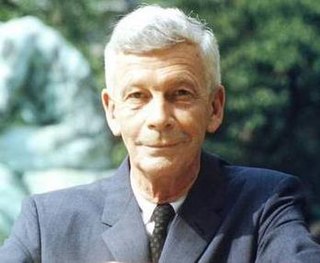A Quote by Marshall B. Rosenberg
My ultimate goal is to spend as many of my moments in life as I can in that world that the poet Rumi talks about, 'a place beyond rightness and wrongness.
Related Quotes
Creativity has three layers; the ultimate is the mystic: he lives in a climate of creativity. The poet, once in a while, brings some treasures from the beyond; the scientist, also very rarely, but whenever he can visit the ultimate he brings something precious to the world. But one thing is certain - mystic, scientist or poet, whatsoever comes into this world comes from the beyond. To bring the beyond is creativity. To bring the beyond into the known is creativity. To help God to be manifested in some form is creativity.
The great Sufi poet and philosopher Rumi once advised his students to write down the three things they most wanted in life. If any item on the list clashes with any other item, Rumi warned, you are destined for unhappiness. Better to live a life of single-pointed focus, he taught. But what about the benefits of living harmoniously among extremes? What if you could somehow create an expansive enough life that you could synchronize seemingly incongruous opposites into a worldview that excludes nothing?
Any evaluation which implies rightness or wrongness is a tragic, suicidal expression of an unmet need. Tragic, first because it decreases our likelihood of getting our need met! Even if we think it. And secondly, because it increases the likelihood of violence. That's why I'm suggesting any evaluation which implies rightness or wrongness is a tragic, suicidal expression of an unmet need. Say the need! Learn a need-consciousness.
I like to borrow a metaphor from the great poet and mystic Rumi who talks about living like a drawing compass. One leg of the compass is static. It is fixed and rooted in a certain spot. Meanwhile, the other leg draws a huge wide circle around the first one, constantly moving. Just like that, one part of my writing is based in Istanbul. It has strong local roots. Yet at the same time the other part travels the whole wide world, feeling connected to several cities, cultures, and peoples.



































